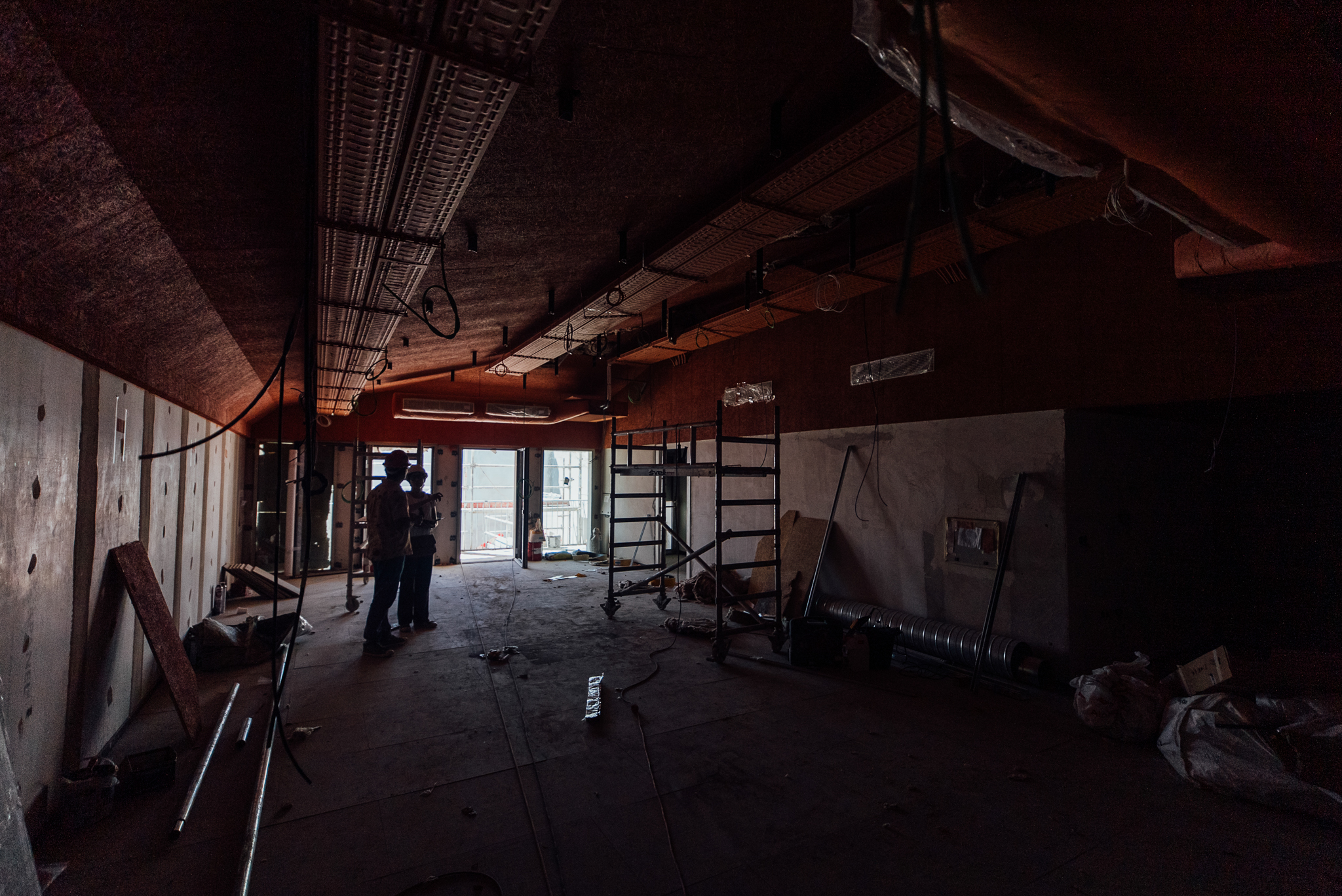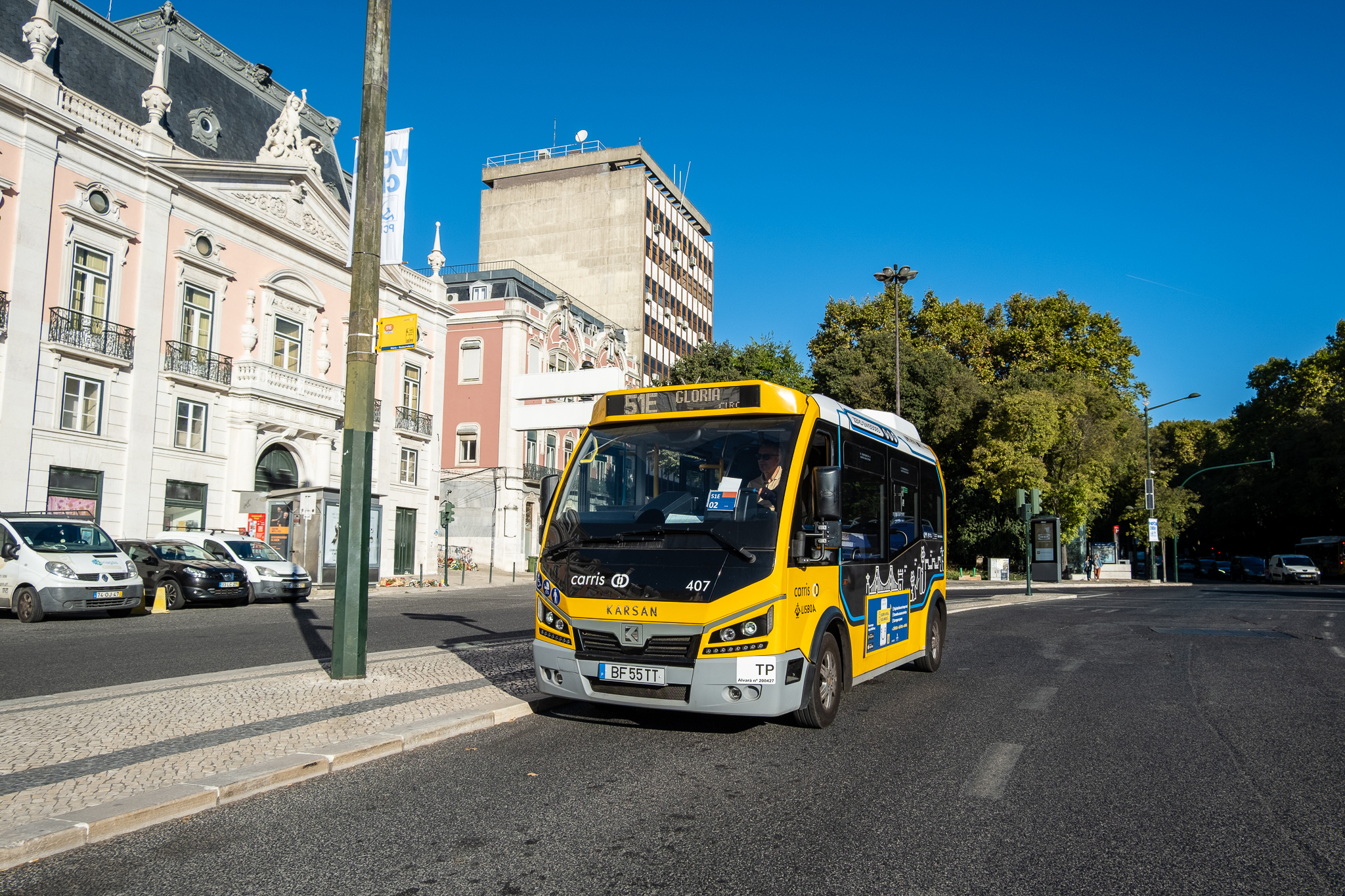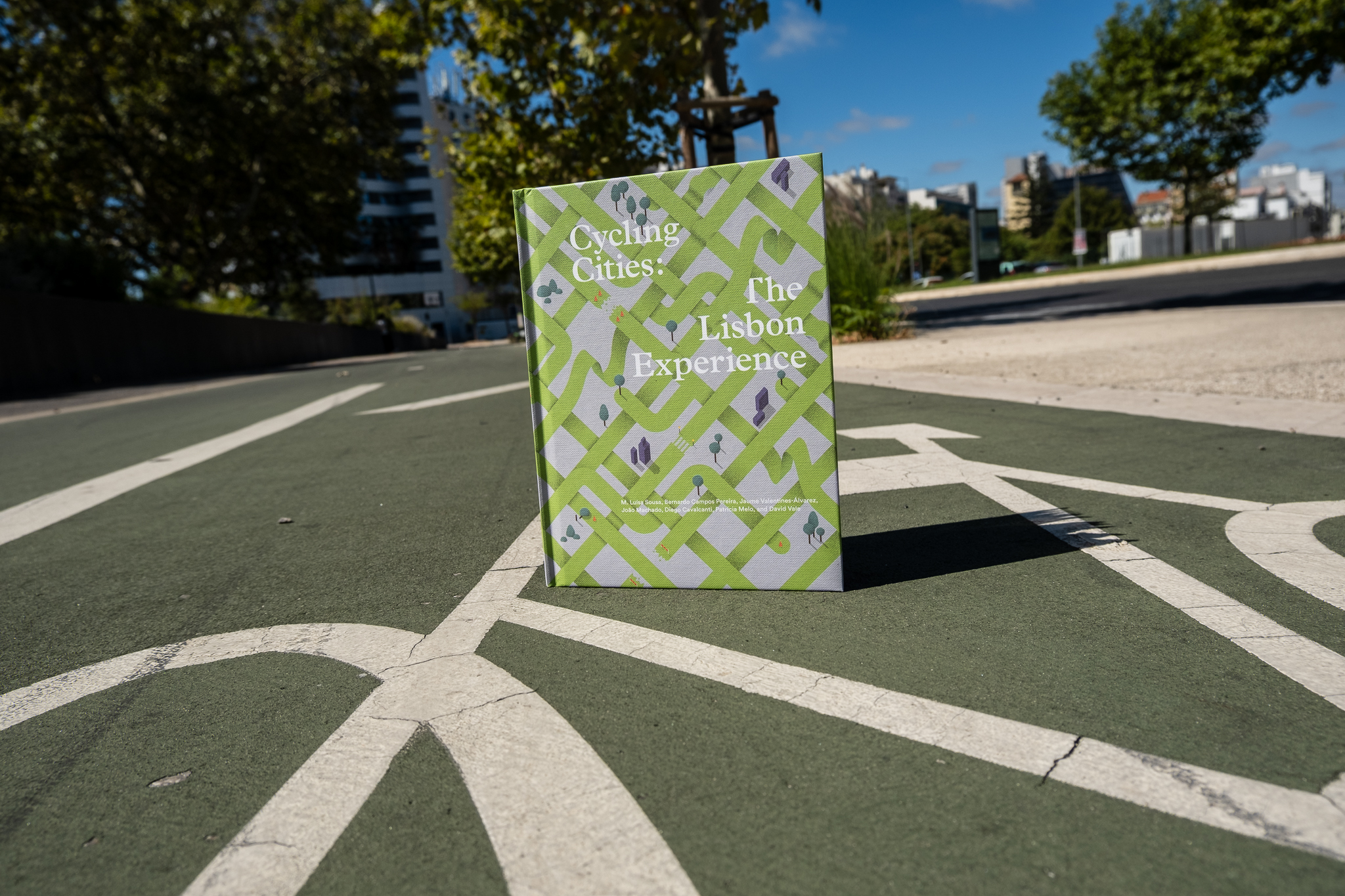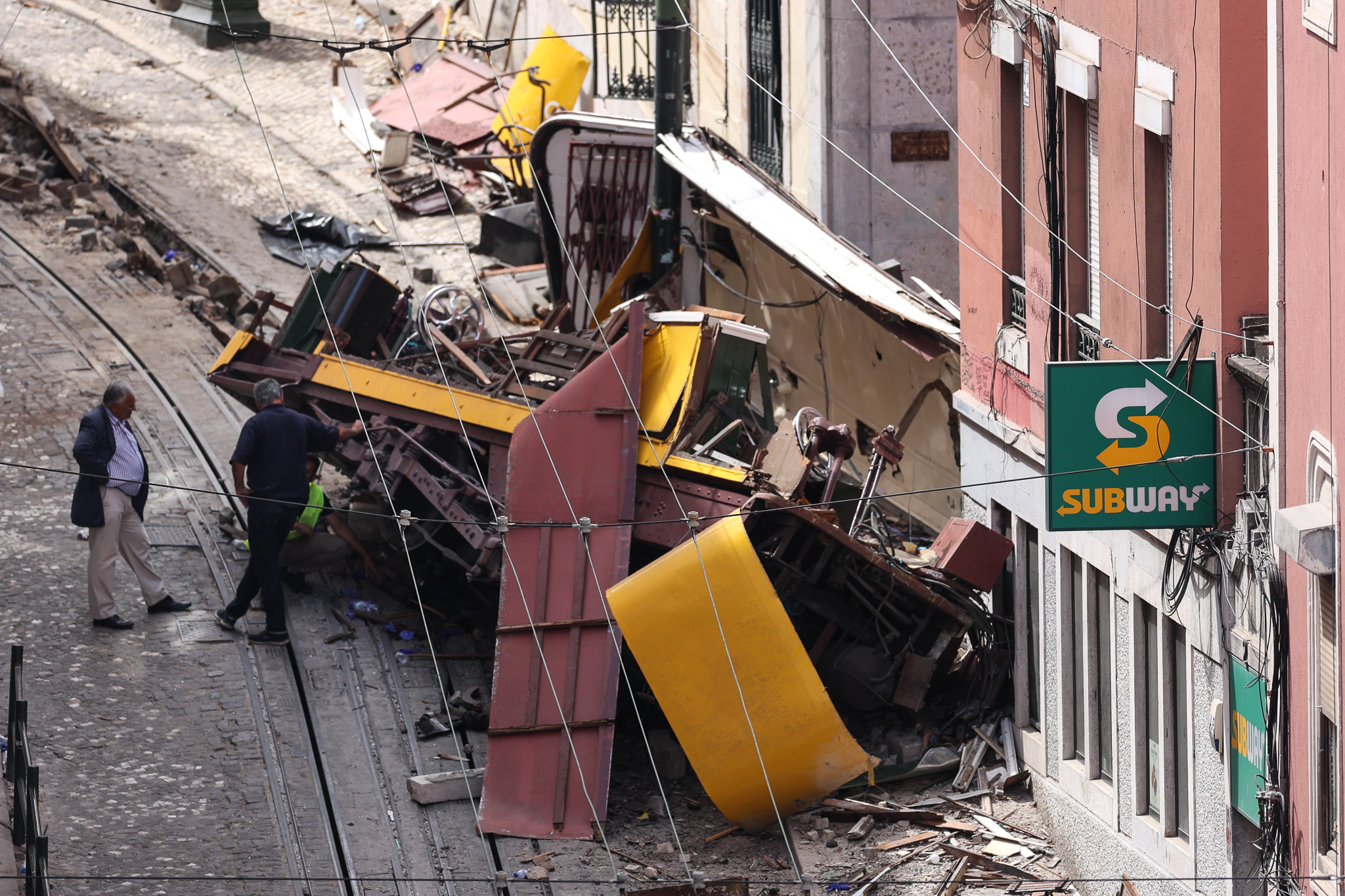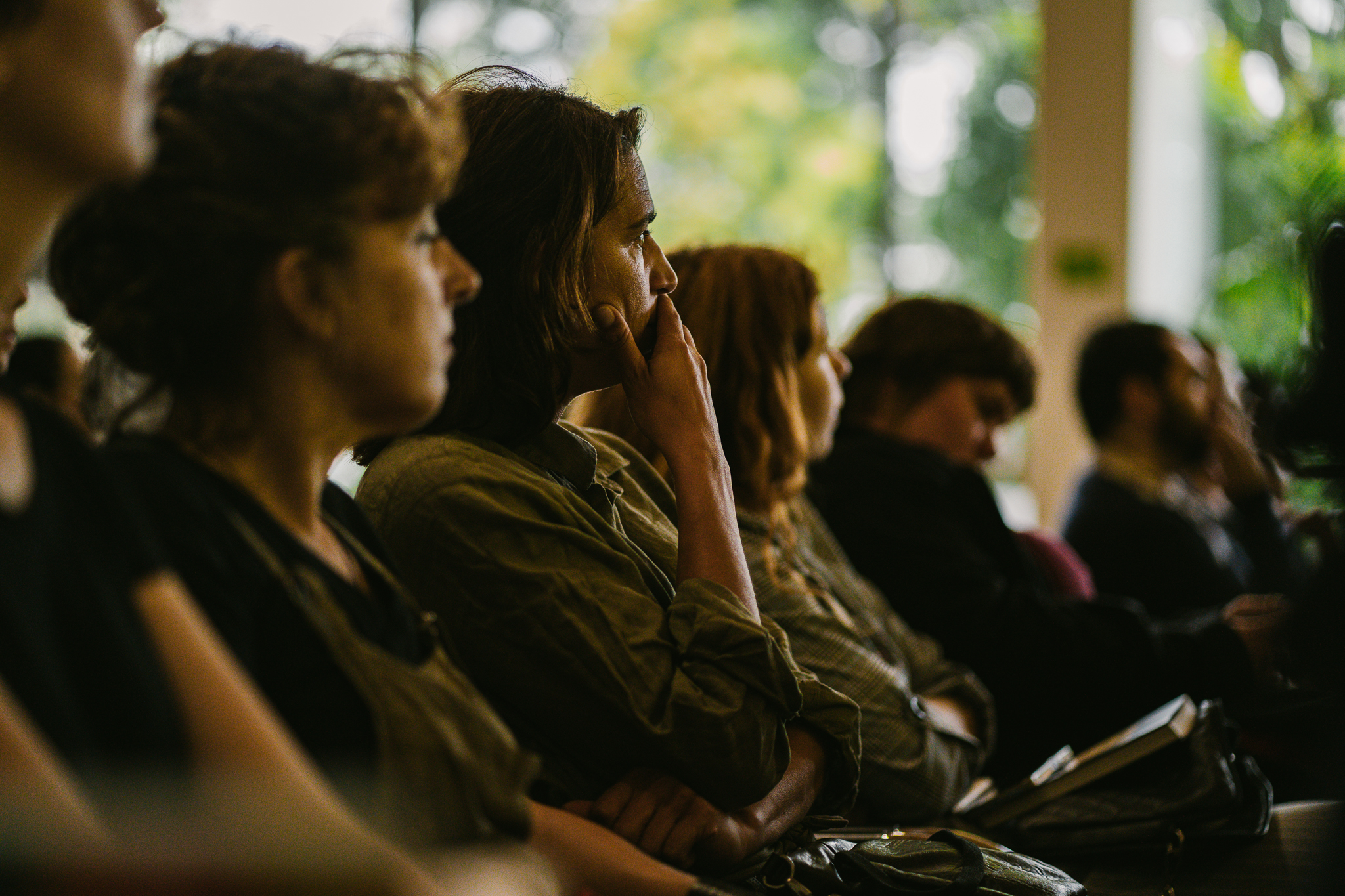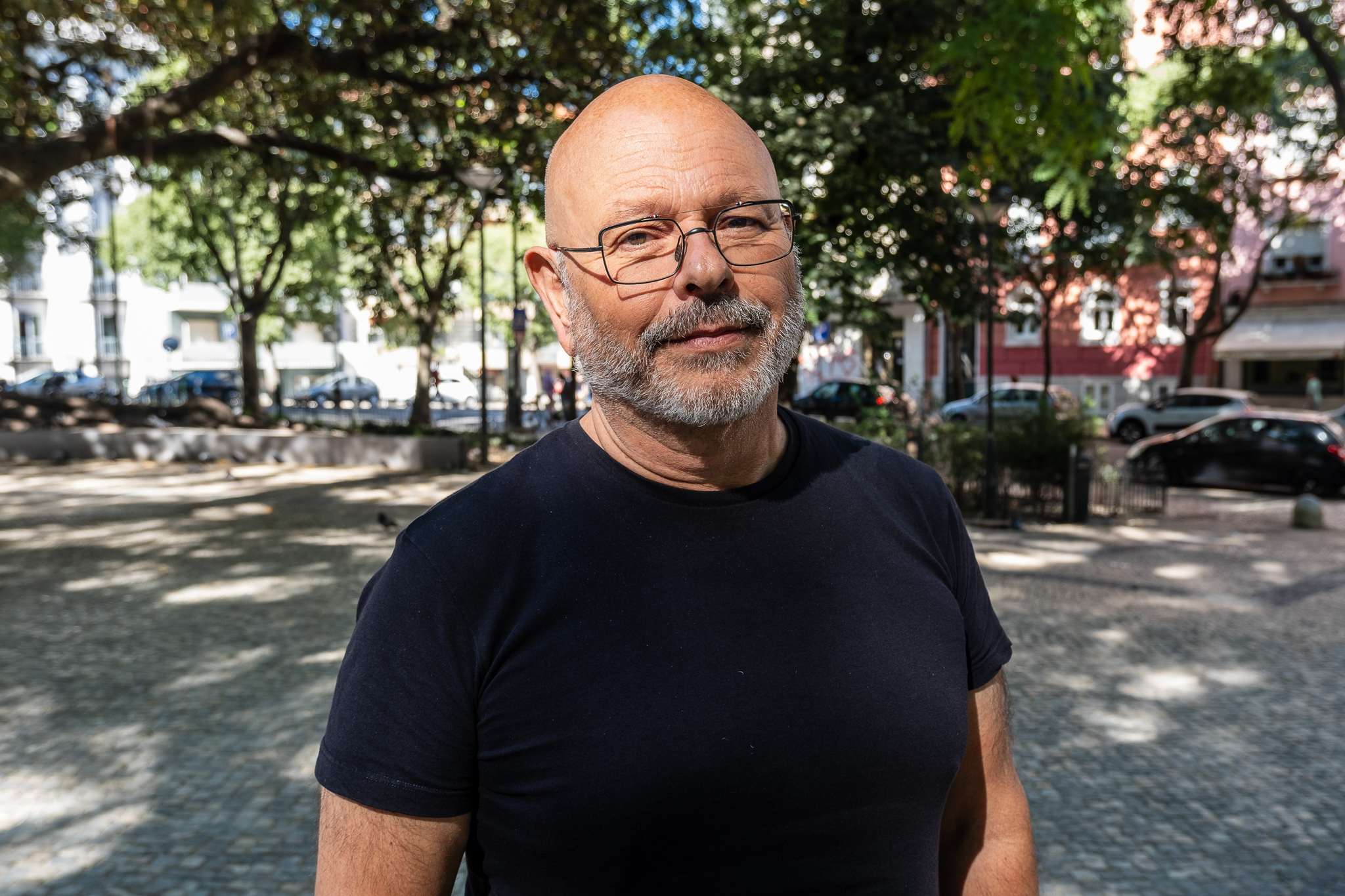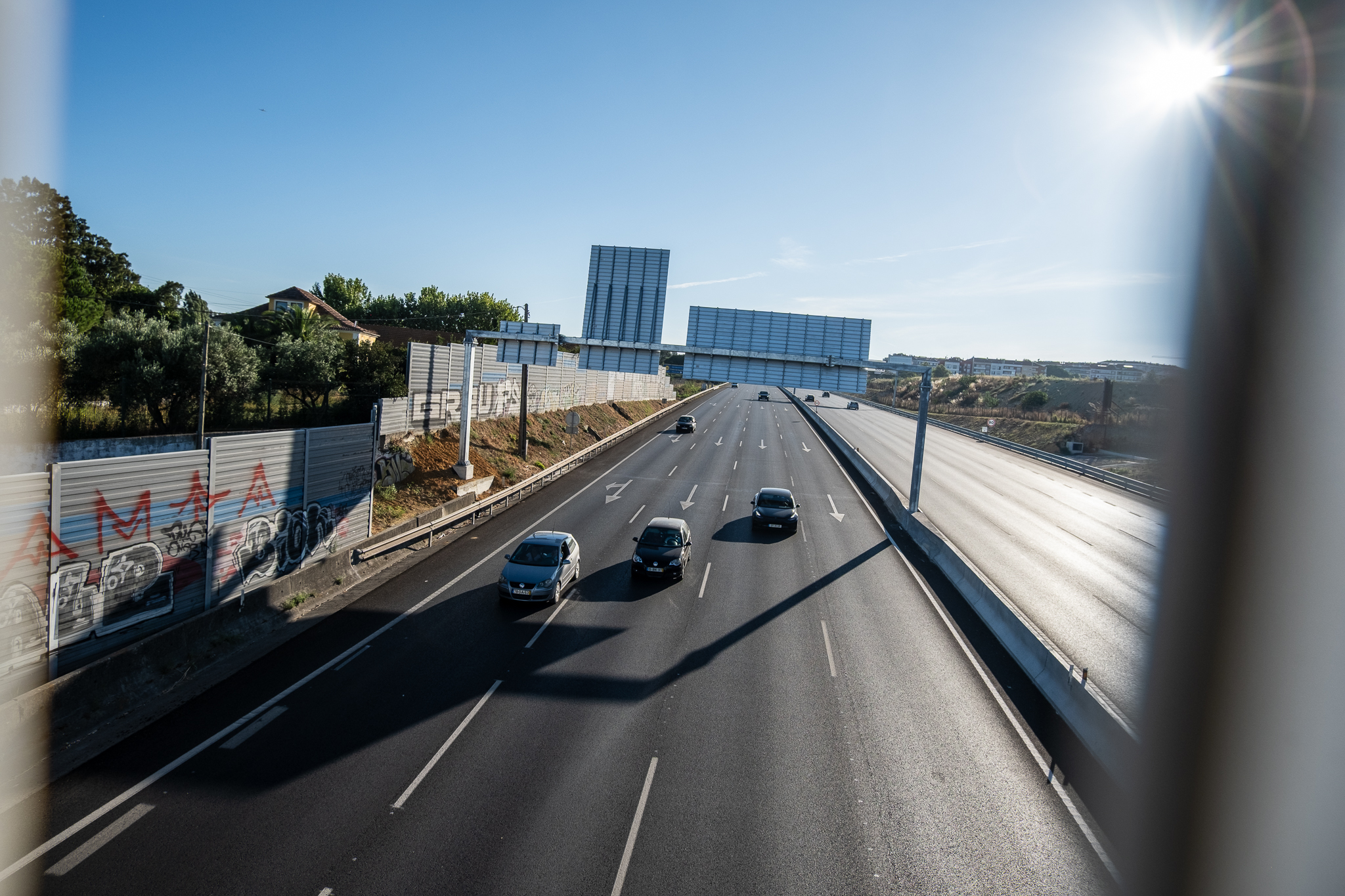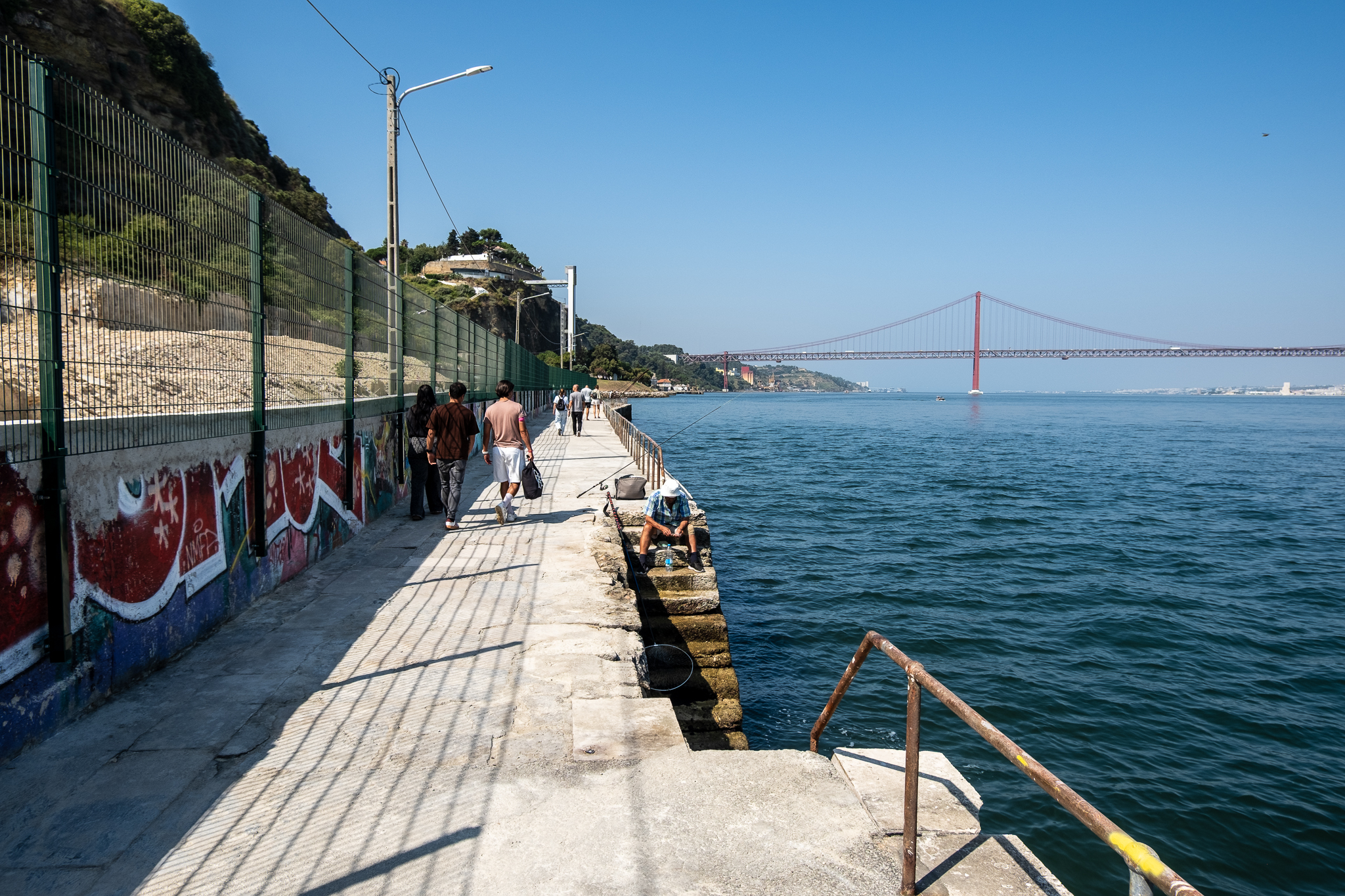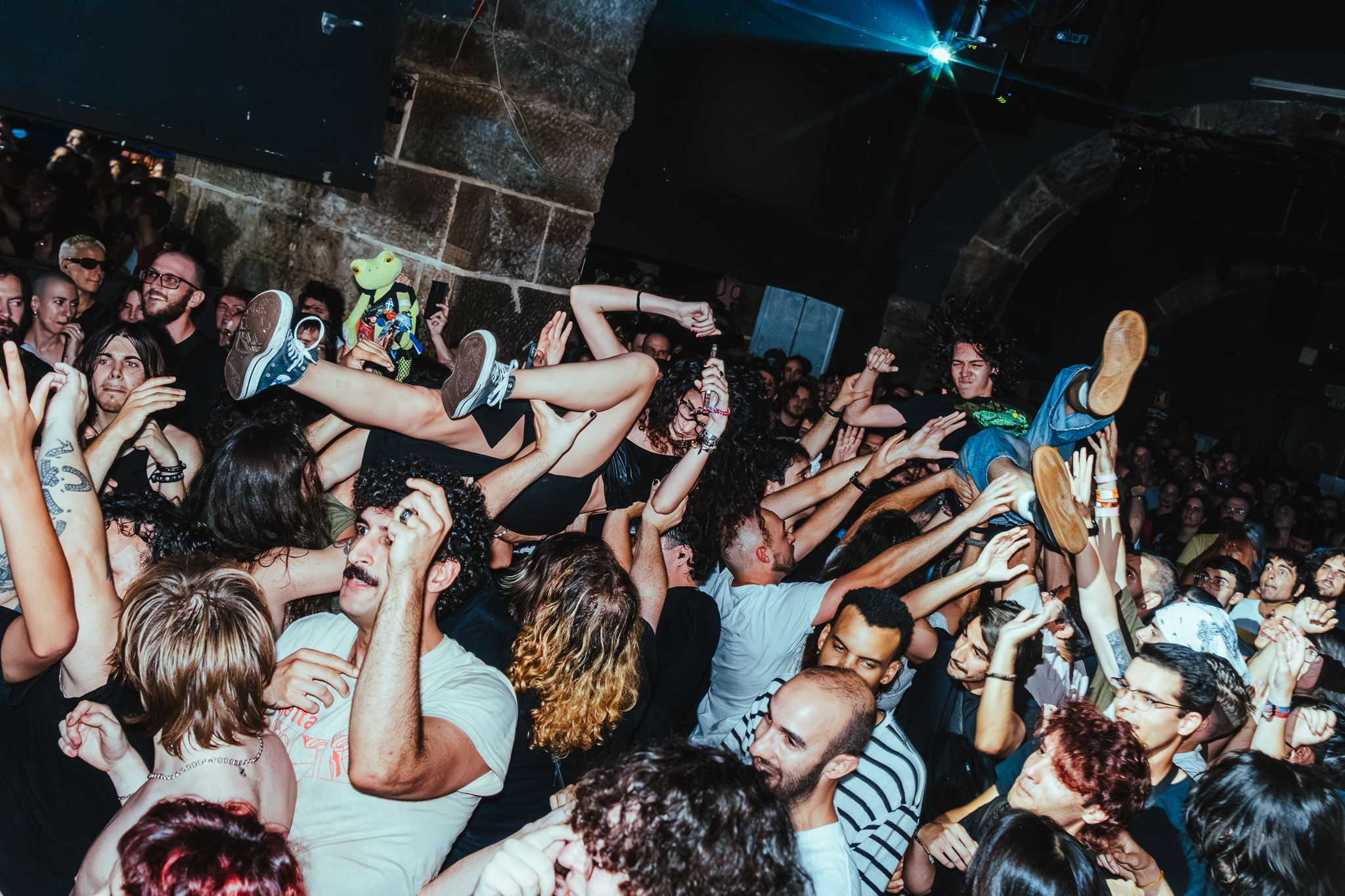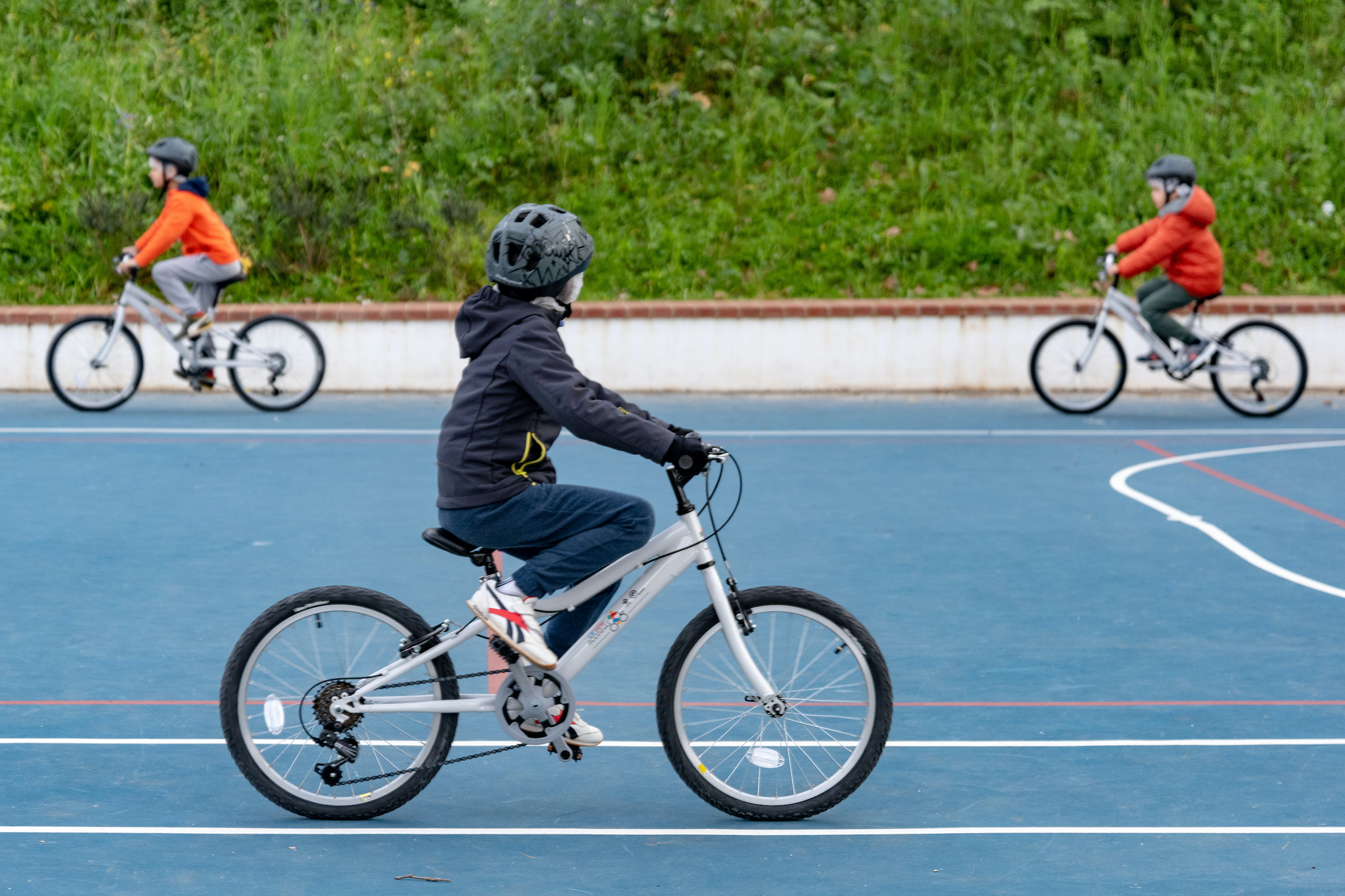
The government intends to introduce cycling education in all secondary schools through its program School Sport (DE). Despite being framed as sportThe learning of cycling at school will also involve the cycling as a means of transport and the promotion of road safety and citizenship.
The project, entitled School Sports on Wheels, started in the 2019/20 school year in a pilot version in 24 schools nationwide. According to the Directorate-General for Education (DGE)The experiment was the result of a partnership with the Portuguese Cycling Federation (FPC) in order to "to create a generation that understands cycling as an important instrument of ecological mobility, also contributing to the sport's greater expansion and notoriety in Portugal". School Sport on Wheels took place in schools from the north to the south of the country, and the educational content was based on the "Cycling Goes to School" program, an initiative of the FPC.
In the following school year, 2020/21, the pilot was extended to more school groups, covering 31, as reported in the Jornal de Notícias (JN). The same media outlet now reports that the executive intends to extend the School Sports on Wheels to all 2nd cycle schools from September onwards, with a time horizon of 2025. To do this, it will use three million euros from the Recovery and Resilience Planin the phased acquisition of bicycles of different sizes for the school groups.
The bicycle in the school sports strategy
According to the document School Sports Strategic Program 2021-2025, "The aim is to help ensure that cycling, as a clean means of transport, can be promoted by the youngest, who will be the adults of tomorrow. In this context, over the next four years, sets of bicycles will be distributed in stages to all public secondary schools". We also read that "the sessions with the students should impart knowledge that will enable them to understand how some of the more polluting means of transport can contribute to reducing the sustainability of our planet, and they should therefore opt for environmentally friendly means of transport".
O School Sports on Wheels provides for students to learn to cycle in a protected context, within the school grounds, and later on the public highway, and that there is a "articulation with the National Road Safety Strategy 2021-2030" for the promotion of "road safety and citizenship". The bikes can be used by students who sign up for the sport and during the hours allocated to the activity by the schools, which can then extend it to other levels of education, according to JN. To this newspaper, Sandro Araújo, vice-president of the FPC, said that the extension of the pilot to all 2nd cycle schools "the only downside is that it comes later than desired" but he left an important warning: in addition to buying bikes, "to guarantee the maintenance of bicycles, so that the fleets are properly preserved".
In Lisbon, the Bike learning covers primary schools through the municipal initiative Lisbon Without WheelsThe project is part of the Curricular Physical Education Support Program. The Lisbon City Council project started in the 2018/19 school year with 853 students from 12 schools, and was extended in the following school years. In the 2020/21 school year, it brought together 55 schools in the city and almost a hundred classes, reaching around 2100 students.

